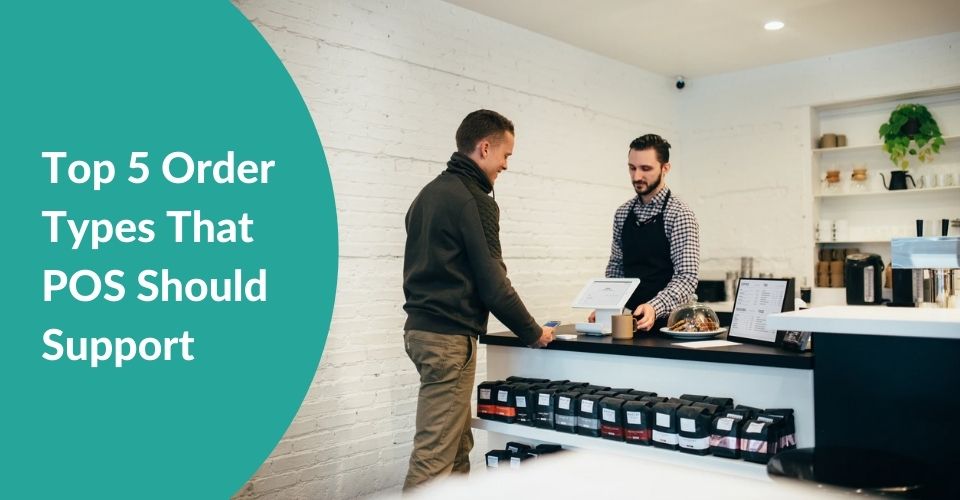Point of sale (POS) systems are popular software among many retailers nowadays thanks to their versatility and user-friendly interface. According to a report, the POS software market will grow exponentially to $42.5 billion by 2027. Among various POS functions, order processing is one of the most used features for retailers. In this blog, we will explain the top 5 order types that every POS should support.
Overview
Purchase order
A purchase order is the first order type that the most basic POS should support. A purchase order is a document created by a buyer and shown to a seller, which serves as a contract between these 2 parties. This document contains the order details such as quantity, type of products, payment rules, and shipping information. Some of the most popular products for a purchase order are office furniture, stationery and inventory.
A purchase order should be approved by an authorized person, thus playing an important role in the transaction process. A POS system can generate a digital purchase order, so that businesses can track and process payments with ease.

Sales order
Unlike purchase orders, sales orders are generated by the suppliers and issued to the buyers. Sales orders, in most cases, will be issued when payment is completed by the buyer.
POS should support sales orders because store owners can easily track and save transactions in a centralized system. Doing so makes it more convenient to generate sales reports and conduct business analysis in the future. If customers have any questions or problems after the transaction, a sales order may also come in handy for references.

Custom sales
Custom sales is another order type that every POS should support. It gives users the flexibility to create customized orders on special occasions. Simply put, custom sales is the newly created transaction with the freedom to adjust the product type or pricing.
Some of the most popular situations are when store owners want to create unavailable products or apply discounts for special guests (such as their relatives). With custom sales in POS, businesses can make sure that they don’t miss any sales due to product shortages, new data, or other unexpected problems. Some POS systems on the market nowadays, such as ConnectPOS, allow users to create custom sales within just a few steps: Create – Add information (name/quantity/price) – and Complete.
►►►► Please visit our products: digital banking, situation analysis, Shopify markets, Vietnam Photography Tour, Photography Tour Guide Viet Nam, supply chain operations management, fintech ai, Multi Store POS, Woocommerce POS, Mobile POS, White label POS, POS Reseller, Beauty Supply Store POS, Retail POS and Vape shop POS

Draft order
Draft order types are the documents created by the sellers on behalf of the buyers. It is the same as the orders that customers create for themselves. Draft order will become an official order if the store accepts payments for it.
Draft order helps businesses to continue the transaction outside the selling channels, such as orders made via phone/chat. It can also be used for pre-orders and uncompleted orders when customers want to grab more items. Therefore, POS systems with draft order functions can cover all these situations and help to boost sales. Staff members can save orders as drafts and come back to work on them later.
Out of sale order
As manifested in its name, out of sale order is created for out-of-stock items. This function is particularly useful when customers want to place an order for temporarily unavailable products. The items thus can be delivered or picked up once they are restocked. If your POS system supports this order type, you can prevent your customers from going to your competitors. In the long run, your customer service and reputation can also be improved.

Conclusion
Above are the 5 order types that your POS should support to provide the best shopping experience. If you are looking for a POS that can do so, ConnectPOS can be a great option. You can start a free trial to experience the order functions, or contact us for more information.
